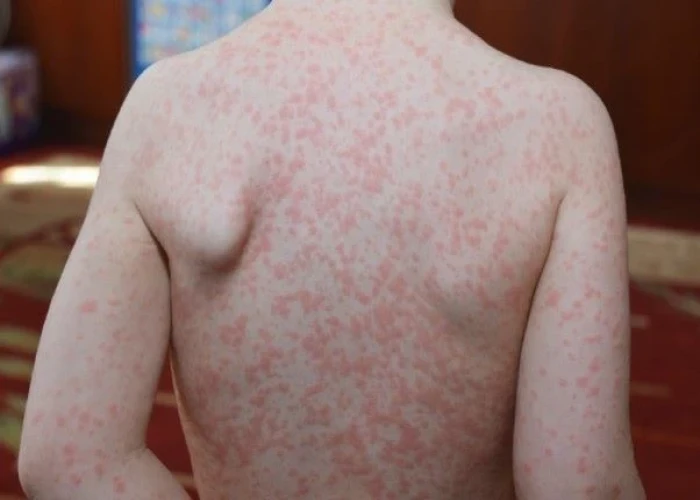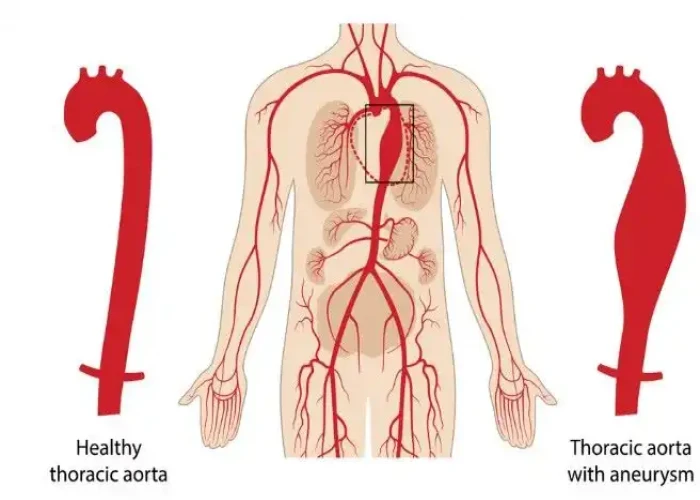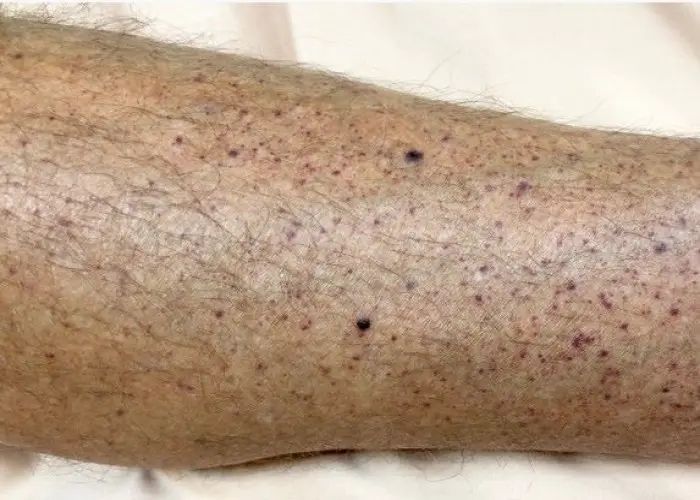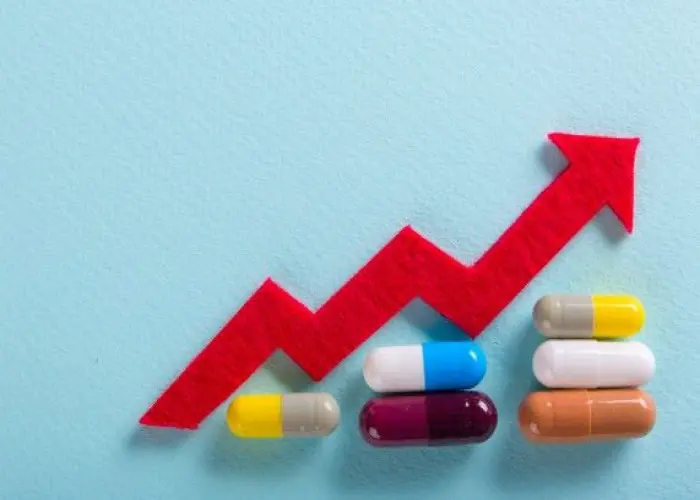 Welcome
Welcome
“May all be happy, may all be healed, may all be at peace and may no one ever suffer."
Mononucleosis

Mononucleosis, also known as "mono" or glandular fever, is a viral infection caused by the Epstein-Barr virus (EBV). It is most commonly seen in adolescents and young adults, but can occur at any age.
Symptoms of mononucleosis typically include fatigue, fever, sore throat, swollen lymph nodes, and enlarged spleen and liver. Some people may also experience headaches, muscle aches, and a rash.
Diagnosis of mononucleosis is usually made based on symptoms and confirmed by blood tests that show the presence of antibodies to the Epstein-Barr virus.
There is no specific treatment for mononucleosis, and the virus typically runs its course within a few weeks to a few months. Treatment typically involves rest, plenty of fluids, and over-the-counter medications such as acetaminophen or ibuprofen to help manage symptoms.
Complications from mononucleosis are rare but can include anemia, jaundice, and enlargement of the spleen, which can lead to a rupture in rare cases. In addition, people with mononucleosis should avoid contact sports or heavy lifting to prevent injury to the spleen, which may be enlarged and more fragile during the infection.
Most people recover fully from mononucleosis, although fatigue may persist for several weeks or months.
Research Papers
Disease Signs and Symptoms
- Fatigue (Tiredness)
- Sore throat
- Fever
- Swollen lymph nodes
- Swollen neck
- Headaches
- Skin rash
- Swollen spleen (splenomegaly)
Disease Causes
Mononucleosis
The most common cause of mononucleosis is the Epstein-Barr virus, but other viruses also can cause similar symptoms. This virus is spread through saliva, and you may catch it from kissing or from sharing food or drinks.
Although the symptoms of mononucleosis are uncomfortable, the infection resolves on its own without long-term effects. Most adults have been exposed to the Epstein-Barr virus and have built up antibodies. This means they're immune and won't get mononucleosis.
Disease Prevents
Mononucleosis
Mononucleosis is spread through saliva. If you're infected, you can help prevent spreading the virus to others by not kissing them and by not sharing food, dishes, glasses and utensils until several days after your fever has improved — and even longer, if possible. And remember to wash your hands regularly to prevent spread of the virus.
The Epstein-Barr virus may persist in your saliva for months after the infection. No vaccine exists to prevent mononucleosis.
Disease Treatments
There's no specific therapy available to treat infectious mononucleosis. Antibiotics don't work against viral infections such as mono. Treatment mainly involves taking care of yourself, such as getting enough rest, eating a healthy diet and drinking plenty of fluids. You may take over-the-counter pain relievers to treat a fever or sore throat.
Medications
- Treating secondary infections and other complications. A streptococcal (strep) infection sometimes goes along with the sore throat of mononucleosis. You may also develop a sinus infection or an infection of your tonsils (tonsillitis). If so, you may need treatment with antibiotics for these accompanying bacterial infections.
- Severe narrowing of your airway may be treated with corticosteroids.
- Risk of rash with some medications. Amoxicillin and other antibiotics, including those made from penicillin, aren't recommended for people with mononucleosis. In fact, some people with mononucleosis who take one of these drugs may develop a rash. The rash doesn't necessarily mean that they're allergic to the antibiotic, however. If needed, other antibiotics that are less likely to cause a rash are available to treat infections that may go along with mononucleosis.
Disease Diagnoses
Disease Allopathic Generics
Disease Ayurvedic Generics
Disease Homeopathic Generics
Disease yoga
Mononucleosis and Learn More about Diseases

Salmonella infection

Pediatric obstructive sleep apnea

Head lice

Naegleria infection

Presbyopia

Thoracic aortic aneurysm

Immune thrombocytopenia (ITP)

Growing pains
mononucleosis, মনোনোক্লিয়োসিস
To be happy, beautiful, healthy, wealthy, hale and long-lived stay with DM3S.
